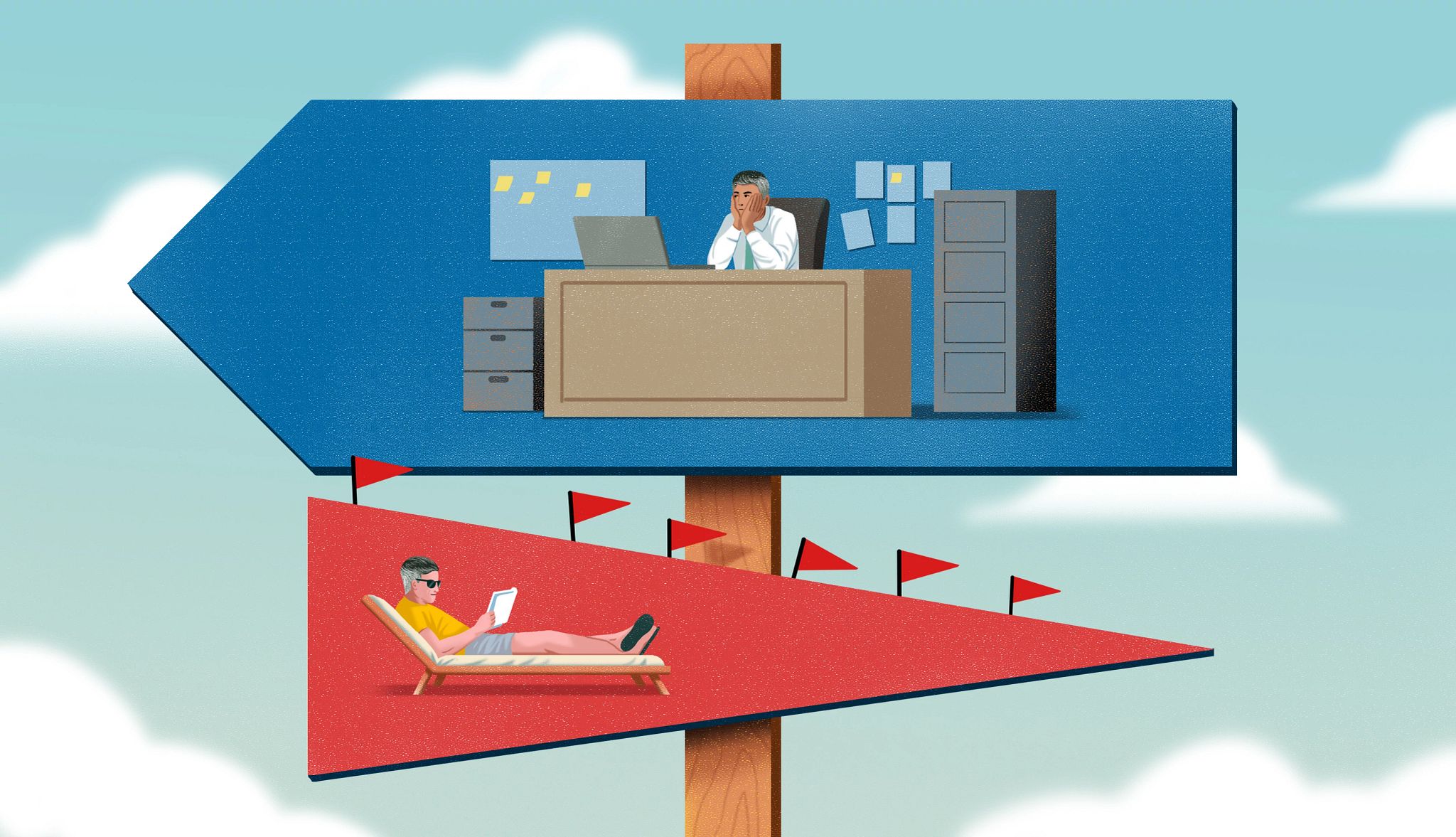AARP Hearing Center


Chances are your dream retirement doesn’t include having to go back to your 9-to-5 job. Yet 1 in 8 retirees plan to return to work this year, most of them for financial reasons, according to a survey by career website Resume Builder.
When finances force you to work again, it could leave you feeling like you have little control over your life.
While you can’t predict every curveball, there are some signs to look out for that may indicate you’re not ready to retire just yet.
1. You haven’t reached full retirement age
You can claim Social Security benefits as early as age 62, but you won’t be entitled to 100 percent of the benefit amount calculated from your lifetime earnings record until you reach full retirement age (FRA), which is 67 if you were born Jan. 2, 1960, or later. The reduction is substantial: If you file at 62, you’d receive 30 percent less than you would if you filed at FRA, for the rest of your life.
If you wait a few more years beyond FRA, your benefit increases by 8 percent each year until you turn 70. So, crunch the numbers before hanging up your hat.
“If the only way that you can make the numbers work for retirement is by taking Social Security early, really take a close look at whether that’s worth it,” says Christine Benz, director of personal finance and retirement planning for Morningstar and author of How to Retire: 20 Lessons for a Happy, Successful, and Wealthy Retirement.
2. You have ‘bad debt’
There’s “good debt” and there’s “bad debt,” says Ross Mannino, a private wealth adviser for Ameriprise Financial in Greenwich, Connecticut. Generally, good debt is something that adds long-term value to your life, such as borrowing for education or a place to live, and comes with low interest rates. A mortgage could be considered good debt, since there are tax breaks, such as deductions for mortgage interest, and because home loan rates are typically lower than other forms of debt.
Other types of debt could be good or bad, depending on whether it comes with a high interest rate and whether it makes your life better overall. “If you’re driving a Ferrari and you’ve got a big loan on that, well, that might be a problem,” Mannino says. “But if you’ve got a car that gets you from point A to point B and there’s a small loan, great.”



































































More From AARP
There's More Than One Way to Retire Abroad
Visa options and extended stays offer multiple paths to an immersive expat experience
Retiring Before a Downturn Was a Big Mistake
Nine months after I left work, the stock market sank — and took my portfolio down with it
8 Mistakes Couples Make When Planning to Retire
Plus, steps you can take now to avoid disagreements and prepare for your later years